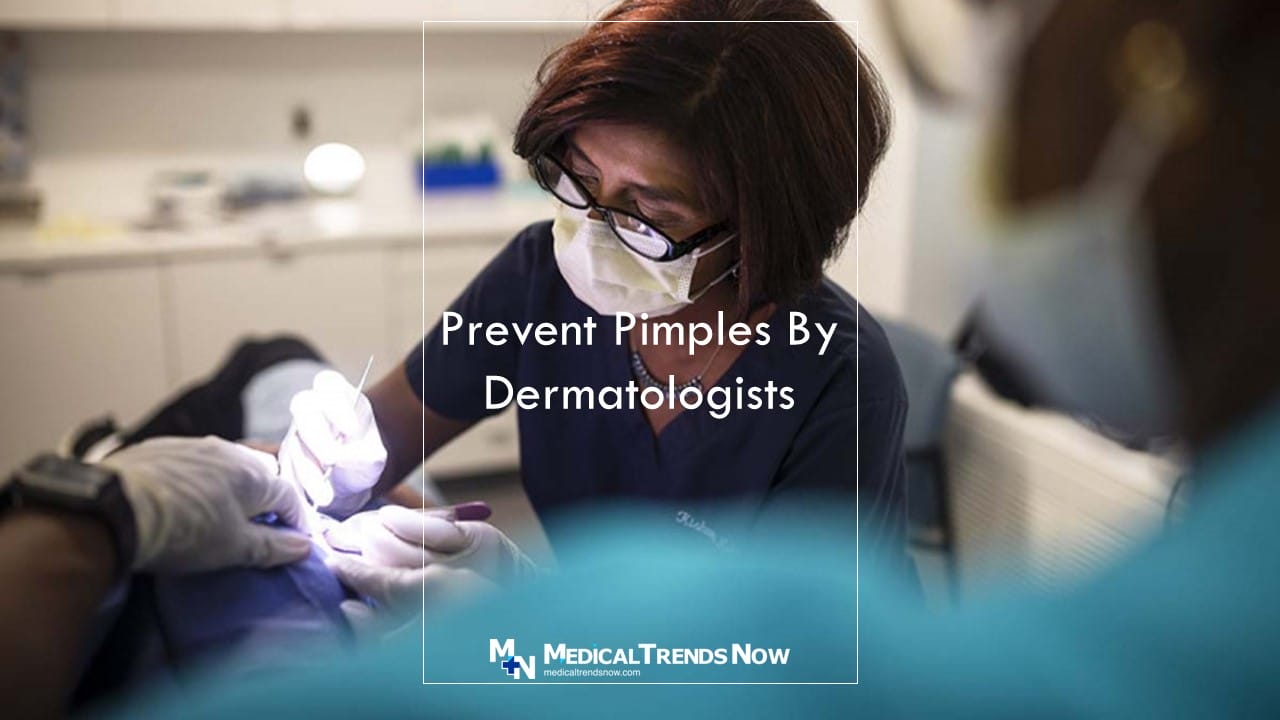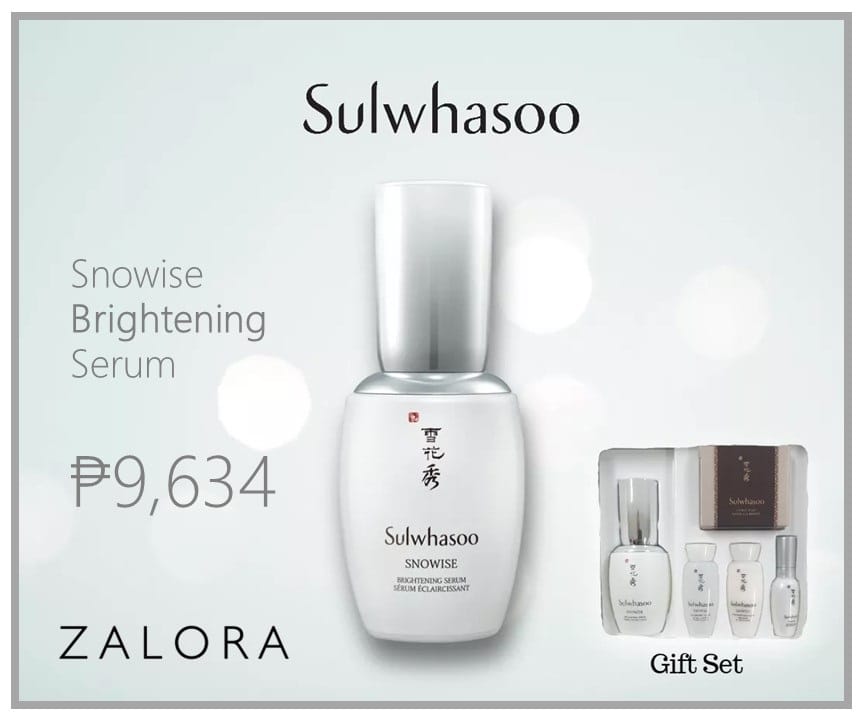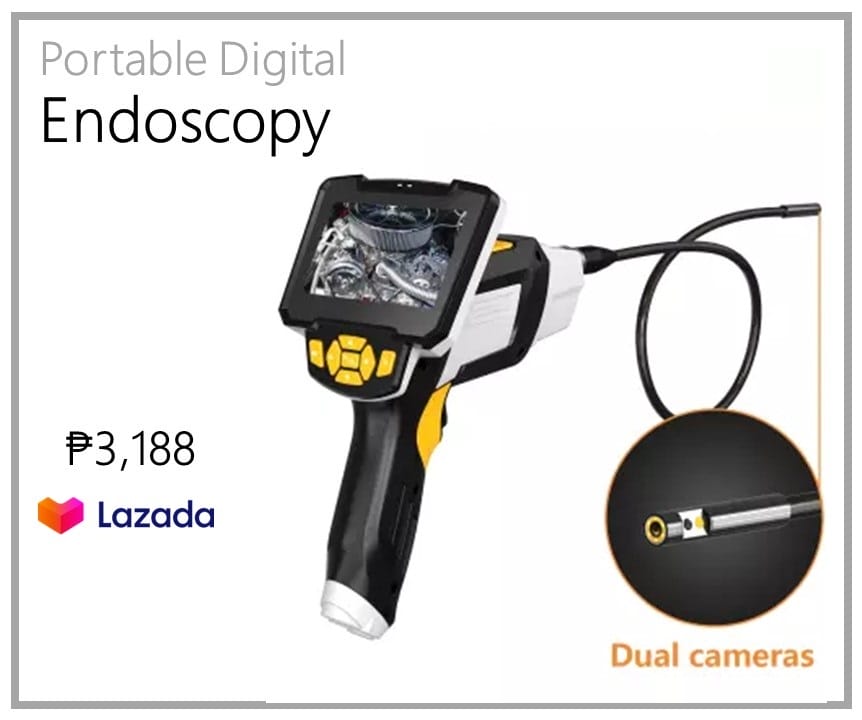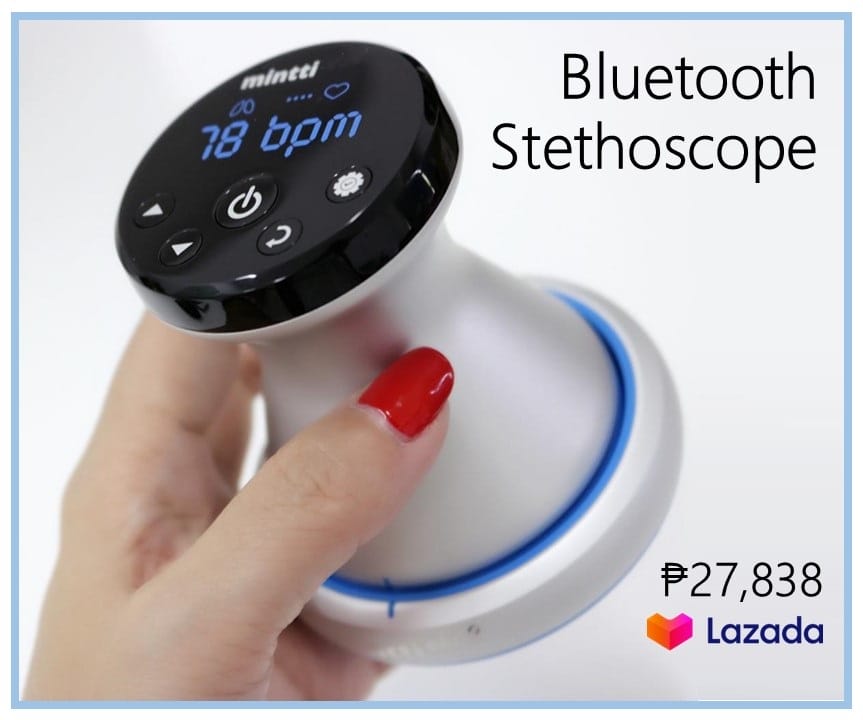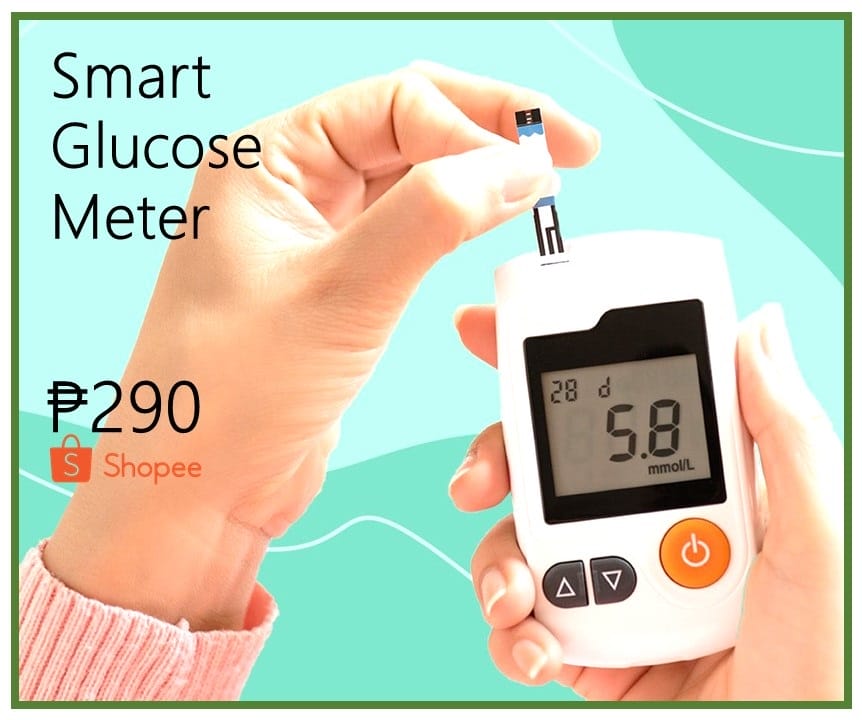Table of Contents
Filipino teenagers are susceptible to developing pimples due to the combination of their natural oil production, the Philippine climate, and their lifestyles. Some of the most common causes of pimples in Filipino teenagers include hormonal changes, stress, and acne vulgaris. There are a number of ways to prevent pimples, especially if teenagers are living in urban areas.
In a nutshell, Pinoy teens should include proper hygiene, enough sleep, a balanced diet, and exercising regularly.
Acne is a common skin condition that seems to be affecting more and more Filipinos every day. The warm and humid weather, pollution, stress, and oily Pinoy foods are some contributing factors to pimples. It’s no wonder that pimples are becoming a big problem for many young Filipinos – and there are ways to avoid them altogether.
Here are 10 tips to help Filipinos prevent pimples:
1. Use a good face wash recommended by your dermatologist.
A good face wash recommended by your dermatologist in the Philippines will help prevent pimples.
Try using soap that is specifically designed to treat acne.
Be sure to lather the soap all over your face and rinse it off thoroughly.
Follow up with the best moisturizer in the Philippines if needed. The best moisturizer should be recommended by your Pinoy dermatologist.
Don’t forget to use a face wash to clean your face regularly before going to sleep.
This will help to remove any oils and dead skin cells that might be contributing to acne.
2. Eat healthy to prevent pimples
Pimples can form on the skin due to a number of factors, including genetics and pollution.
For many young Filipinos, diet is a critical factor in preventing pimples.
Eating healthy Filipino foods will help keep teenagers’ skin clean and free from toxins that can contribute to acne.
Additionally, eating foods that are high in antioxidants will help fight off free radicals, which are responsible for the development of pimples.
Foods that are high in sugar and processed foods can promote acne, so make sure to eat a balanced diet that includes lots of fruits and vegetables.
By following these simple tips, you can keep your skin clear and free from blemishes.
3. Use a moisturizer to prevent pimples
Pimples can be a nuisance, but they can also be caused by factors like hormonal changes, skin sensitivity, and environmental stress.
While there isn’t a surefire way to prevent them from forming, using a good moisturizer can help keep the skin hydrated and reduce the likelihood of developing pimples in the first place.
There are different ways to prevent pimples, according to the best dermatologists in the Philippines. One way is to use the best moisturizer in the Philippines as often as possible.
This will help to keep the skin hydrated and avoid future outbreaks.
If you already have a breakout, try using a topical acne medication as directed by your Filipino doctor.
Be sure to follow the instructions carefully, as not all medications are effective for every Pinoy teenager.
4. Exfoliate to prevent pimples.
Pimples are caused by the accumulation of oil and dead skin cells on the surface of the skin.
Exfoliating can help prevent and treat pimples because it removes the layer of skin that contains these factors.
There are a variety of ways to exfoliate your skin, including using a scrub, a washcloth, or a face mask.
It is vital to use an effective product recommended by the best dermatologists in the Philippines that will remove all the dead skin cells without causing any pain or irritation.
Pinoys can use a good facial scrub to remove the dead skin cells on your face. This will help to stop the formation of pimples.
5. Avoid direct sunlight on your face.
Sun exposure can cause breakouts, so make sure to apply the recommended sunscreen by your Pinoy dermatologist to prevent pimples in the Philippines.
Pimples are a common occurrence, especially if you are living in Metro Manila, Cebu, and Davao. But acne can be easy to avoid with a few simple precautions.
Make sure to wear a hat, or umbrella, or apply sunscreen recommended by your Filipino dermatologist.
Keep your skin clean and free from excess oils and dirt, and stay away from the sun when you have active breakouts.
6. Get a good night’s sleep
It is well known that getting a good night’s sleep can help prevent pimples.
The hormone melatonin is produced during deep sleep and has been shown to help reduce the production of sebum and other skin-causing bacteria.
Getting enough rest also helps your skin cells regenerate, which can reduce the appearance of blemishes.
So if you are a Pinoy young adult looking to prevent pimples, make sure to get enough shut-eye!
One of the best ways to prevent pimples is to get at least 7 hours of sleep.
Medical research from various dermatology associations shows that those Filipinos who get enough sleep tend to have lower rates of acne.
Make sure to wind down before bed and avoid watching too much TV or using electronic devices.
If you can not sleep, melatonin might be a good answer to your sleep problem. Melatonin is an excellent source of antioxidants that can protect your skin and help you sleep.
The DNA in your skin cells can be protected from pollution’s impacts by melatonin’s antioxidant properties, and the collagen in your skin’s second layer can also be shielded from harm from the sun and pollution.
6. Use a humidifier to prevent pimples.
If you’re having trouble with dry skin, especially if you are living in Metro Manila, Davao, and Cebu, try using a humidifier at night to prevent pimples.
This will help to keep your skin hydrated and prevent breakouts.
If you have trouble with dry skin, using a humidifier at night can help to prevent breakouts.
By keeping your skin hydrated, you’ll also help to prevent clogged pores and other problems.
If you’re struggling with acne-prone skin, make sure to follow a skincare regimen that contains antioxidants and other ingredients designed to reduce the appearance of pimples.
8. Avoid these foods to prevent pimples
According to several nutritionists, these are the foods that Filipinos should avoid to prevent pimples.
Process foods can cause acne
Acne is a common skin condition that can occur in any part of the body. It is caused by the overproduction of oil and bacteria in the sebum (oil) glands.
Process foods can cause acne because they contain high levels of the glycemic index (GI) and glycemic load (GL).
The GI and GL determine how quickly a food causes your blood sugar to rise after you eat it.
Foods with high GI and GL cause your blood sugar to spike quickly, which can trigger an acne breakout.
Junk foods can cause acne
It is well known that junk foods can cause acne.
The problem is that many people do not realize that they are also contributing to the problem by eating these foods.
Junk foods are high in sugar, which can lead to an overproduction of oil and bacteria on the skin.
These bacteria feed on these oils and create acne. In addition, junk foods often contain processed ingredients that can be harsh on the skin and contribute to breakouts. By avoiding junk food and replacing it with healthier options, you can help reduce your chances of getting acne in the first place.
Fast foods can cause acne
Acne is a common skin condition that can occur on the face, neck, chest, and back.
It is caused by the overproduction of sebum (a natural oil) and the inflammation of the skin.
There are many factors that can contribute to acne, including diet, lifestyle, and genetics.
One study found that people who ate fast food more than twice a week were more likely to develop acne than those who ate fast food less than once a week.
The study authors speculated that the high levels of grease and sugar in fast foods may be responsible for inflammation and acne formation.
Acne is a common skin condition that can affect Filipinos at any age. It is caused by oil and bacteria getting trapped in the pores on the face.
Acne can be treated with medication, light therapy, or surgery.
Fast foods can cause acne because they are high in sugar and unhealthy fats.
Avoid fast foods if you have acne, and try to eat a balanced diet that includes plenty of fruits and vegetables.
Sugary foods can cause acne
Acne is a skin condition that can be caused by a variety of factors, including genetics and hormones.
One of the most common causes of acne is the overconsumption of sugary foods and drinks.
These foods can cause an overabundance of bacteria on the skin, which in turn can lead to inflammation and pimples.
While there isn’t any one natural solution to clear up acne, limiting your intake of sugary foods may help to reduce your risk of developing the condition in the first place.
Refined carbs can cause acne
Refined carbs like white bread, and white pasta can cause acne. Acne is a skin condition that is caused by the overproduction of sebum and oil on the skin.
These refined carbs, white bread, and pasta can cause an increase in insulin levels in the blood which can stimulate the overproduction of this sebum and oil.
Drinking alcohol (sorry guys, that’s what the nutritionists say).
Alcohol is often touted as a natural way to clear breakouts and pimples.
However, some nutritionists say that this is not the case.
Drinking alcohol can actually make breakouts worse by dehydrating the skin and causing oil production.
Additionally, alcohol can exacerbate existing clogged pores and cause them to become even more visible.
So if you’re looking to get rid of your pimples, avoid drinking alcohol and stick with water or other healthy beverages instead.
How about greasy and fatty foods? Does it cause pimples?
Some foods that are often blamed for causing pimples include greasy and fatty foods.
While there is certainly some truth to this, it’s important to note that not all high-fat or greasy foods are bad for your skin.
In fact, many healthy fats can actually be good for your skin if they’re consumed in moderation.
There are many Filipino health food alternatives that you can try that will not trigger acne.
9. Drink a lot of water to prevent pimples.
Pimples are caused by an overproduction of sebum, an oily substance that is produced by the sebaceous glands.
Sebaceous glands are located on the face, neck, and chest.
When these glands produce too much sebum, it can accumulate in hair follicles and cause pimples.
Pimples can also be caused by bacteria or fungus.
To prevent pimples, drink plenty of water to flush out the system and reduce oil production.
Also, avoid using harsh chemicals to clean your face or using products that contain sulfates or benzoyl peroxide.
Not only your skin needs water, but your entire body.
10. Avoid stress to prevent pimples.
Stress is a known contributor to the development of pimples.
While it is not clear exactly how stress affects the skin, it appears that elevated levels of cortisol and other hormones released during stress can lead to an increase in oil production, inflammation, and clogged pores.
So if you want to avoid developing pimples, try to limit your exposure to stress factors and keep your skin healthy by following a balanced diet and exercising regularly.
Too much stress can lead to acne, so try to relax, chill, and get plenty of sleep.
What exactly are the causes of pimples?
There are a few different causes of pimples, including skin irritation, hormonal changes, and clogged pores.
Acne is usually caused by an accumulation of oils and sebum on the surface of the skin that bacteria can then grow in.
There are a few things you can do to help reduce your chances of getting acne, including using a good facial wash regularly, avoiding comedogenic products (ones that make your skin become oily), and using sun protection if needed.
If you have particularly stubborn acne, you may need to see the best dermatologist in the Philippines for treatment.
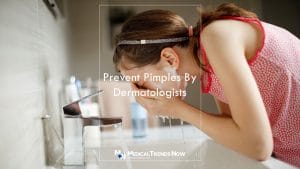
What are the different types of acne?
Acne is an inflammatory skin condition that can affect the face, neck, chest, and back.
There are different types of acne, including blackheads and whiteheads, cysts, and nodules.
Hormones, diet, or infections can trigger acne.
Different types of pimples have their own new treatments with medical corresponding procedures.
Blackheads are caused by dead skin cells and oil seeping out of the pore and accumulating over time.
Whiteheads are caused by a build-up of oils and bacteria on the surface of the skin, which can be popped by gently tapping them with a finger.
Acne vulgaris is an inflammatory disease that causes red bumps, pimples, or deep cysts on the face.
It can be treated with antibiotics or topical medications such as benzoyl peroxide or retinoids.
What are blackheads, and what is the cause?
Blackheads are small, dark spots that can form on the face due to the accumulation of sebum (oil) and dead skin cells.
The most common cause of blackheads is a combination of hormonal changes, genetics, and environmental factors such as oil-cleansing products and pollution.
Treatment typically involves using a topical cream or mask to remove the blackheads, followed by regular skin care to prevent their return.
What are whiteheads, and what is the cause?
Whiteheads are tiny, closed comedones (blackheads) that occur on the skin’s surface.
They are caused by an imbalance of oil and sebum production on the skin’s surface.
This can be exacerbated by factors such as stress, bacteria, and pollution.
Whiteheads can often be cured with over-the-counter products with a Filipino dermatologist’s help.
What is acne vulgaris, and what is the cause?
Acne vulgaris is a common skin condition that affects people of all ages.
The cause of acne is unknown, but it is believed to be caused by many factors, including genetics and hormones.
Acne can be treated with medications, surgery, or various light therapies.
What is the cause of acne cysts and nodules?
Acne cysts and nodules are a common result of an overproduction of sebum, an oily secretion that is responsible for the skin’s protection.
Acne can be caused by many factors, including genetics and hormones. It can also be aggravated by environmental factors, such as extreme temperatures or pollution.
Acne treatments typically involve using topical medications to reduce the production of sebum and to kill the bacteria that are responsible for causing acne.
What are the latest treatments for acnes?
Acne is a problem that many Filipinos deal with. There are many treatments available for acne, but the best approach depends on the person’s specific situation.
Some of the more common treatments include over-the-counter products, prescription medications, and surgical procedures.
There are a variety of over-the-counter products that can be used to treat acne.
These include face washes, topical creams, and gels. Some people find that taking specific dietary supplements can also help clear their skin of acne lesions.
Prescription medications for acne can be effective in clearing up some lesions, but they also come with side effects.
Surgical procedures such as biopsy or dermabrasion may be necessary in some cases to clear up severe acne outbreaks.
Acne is a skin condition that primarily affects adolescents and young adults in the Philippines.
Acne treatments vary depending on the severity of the condition. In general, acne can be treated with medications such as antibiotics or topical creams.
Surgery may also be needed to remove lesions or cysts.
What kind of dermatologist can treat acne and prevent pimples?
There are several types of dermatologists who can treat acne and prevent pimples: general dermatologists who treat all types of skin conditions; pediatric dermatologists who specialize in treating children’s skin conditions; obstetrician-gynecologists who treat women’s skin conditions; family physicians who have special training in family medicine and may treat skin conditions in their patients; and gynecologic oncologists who treat cancerous lesions on the vulva.
Here are the different types of dermatologists
Dermatopathology
Dermatopathology is a subspecialty that combines dermatology with pathology.
Pathologic examination of tissues from skin lesions can provide important information about the clinical course and ultimate outcome of the lesion.
In addition, pathologic findings may help to identify the cause of the lesion and guide treatment. Thus preventing pimples from occurring.
Pediatric Dermatology
Pediatric dermatology is the branch of medicine that specializes in the diagnosis and treatment of skin problems (prevent pimples) in children, from birth to age 18.
The pediatrician may also treat conditions that occur during childhood, such as acne and psoriasis.
Pediatric dermatologists use a variety of diagnostic techniques, including physical exams, lab tests, and imaging studies.
This will enable Filipino pediatric dermatologists to determine the cause of a child’s skin problem and recommend the best course of treatment.
The best pediatric dermatologist in the Philippines specializes in diagnosing and treating children, including newborns and infants.
Mohs Surgeon
Mohs surgery is a specialized type of surgery that is used solely to treat skin cancer.
The Filipino Mohs surgeon will use a diamond blade to remove the cancerous cells and then make a new, clean cut on the surface of the skin.
This type of surgery is very successful in removing all types of skin cancer, including basal cell carcinoma (BCC), squamous cell carcinoma (SCC), and melanoma.
After Mohs surgery, patients will usually require regular follow-up appointments with the best dermatologist in the Philippines to monitor for any signs of recurrence or reoccurrence of their cancer.
Cosmetic Dermatology
Cosmetic dermatology is the most common type of doctor Pinoys visits in hospitals and skin care clinics in the Philippines. It is a branch of medicine specializing in diagnosing and treating skin problems.
The field of cosmetic dermatology in the Philippines has two main categories:
- General cosmetic dermatology
- Skin care specifically for acne
General cosmetic dermatology in the Philippines focuses on treating all types of skin problems, while skin care for acne focuses on treating acne.
Immunodermatologists
Immunodermatology is a branch of dermatology in the Philippines specializing in diagnosing and treating skin disorders caused by the immune system.
Immunodermatologists examine how the immune system interacts with the skin and use this knowledge to diagnose, treat disorders, and prevent pimples.
They may also use immunotherapy to help treat these disorders.
Medical Dermatology
Medical dermatology in the Philippines is the branch of medicine that deals specifically with the diagnosis and treatment of skin diseases.
This includes everything from common acne to severe skin cancer.
Filipino doctors who specialize in medical dermatology often have a deep understanding of how the skin works and are able to use this knowledge to help patients get better results.
One of the critical tools doctors use when treating skin diseases is surgery.
This includes everything from simple procedures like laser treatments or extraction of cysts to more complex procedures like Mohs surgery or removal of tumors.
In many cases, surgery is the only way to clear a patient’s skin of disease completely.
Despite its importance, medical dermatology is still a relatively young field. It only began developing as a distinct field in the early 1900s and has continued to grow in popularity over time.
Today, there are dozens of medical schools across the United States, and a few Filipino doctors went to train in medical dermatology, making it one of the most widely-available specialties in skincare medicine.
Surgical Dermatology
Surgical dermatology in the Philippines is the branch of medicine that deals with the diagnosis and treatment of skin diseases by surgical means. The goal is not to prevent pimples but to remove acne.
The best surgical dermatologists in the Philippines are doctors who specialize in treating skin diseases through surgery.
They may perform a variety of procedures, including removal of lesions, reconstruction of tissues, and removal of unwanted hair.
Conclusion: Filipino dermatologist’s tips to prevent pimples
There are a few things you can do to prevent pimples from forming in the first place. The most important thing is to keep your skin clean and free of any oils or dirt. Filipino young adults might also want to avoid using any harsh chemicals on their skin, as these can cause irritation and make pimples worse. If you do get a pimple, don’t try to pop it yourself – go see the best Filipino dermatologist near your location for help. They will be able to prescribe you the appropriate treatment for your specific situation.
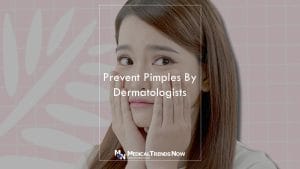
Souces
- Well + Good interview with Ted Lain, MD, an Austin-based dermatologist – This Snoozy Supplement You Take Before Bed Does Totally Awesome Things for Your Skin
- NHS UK – Acne Overview Causes, Diagnosis, Treatment, Complications
- Mayo Clinic – Acne Diagnosis and Treatment
- ACS – How to stop acne with science (video)
- Cleveland Clinic – What are the different types of acne? Where does acne most commonly occur?
- American Academy of Dermatology Association – 10 SKIN CARE HABITS THAT CAN WORSEN ACNE
- Nemours – What Can I Do About Acne?
- Rush University Medical Center, Rush Copley Medical Center or Rush Oak Park Hospital – 12 Tips to Combat Acne
- National Library of Medicine – A review of diagnosis and treatment of acne in adult female patients (Dr. AU Tan, Dr. BJ Sholosser, Dr. AS PAller)
- Skin MD Philippines – Acne Who Are At Risk?
- A guide to basic skin care routine by Dr. Aenelle Dizon, FPDS
- Berman Skin Institute – 4 Different Types of Dermatologists
- Academic Alliance In Dermatology – Exploring The 4 Different Branches Of Dermatology

